
Is vinegar a good cat repellent? Cat facts! Cat repellant, Cat
1. Indoor Spraying. You can use the diluted vinegar mix indoors to keep your cats away from pretty much anything; just ensure you're using the lowest concentration you can so it won't harm either the cat or your stuff. (Plus, you probably dislike the smell of vinegar almost as much as your pet, so making your whole home reek of it likely.
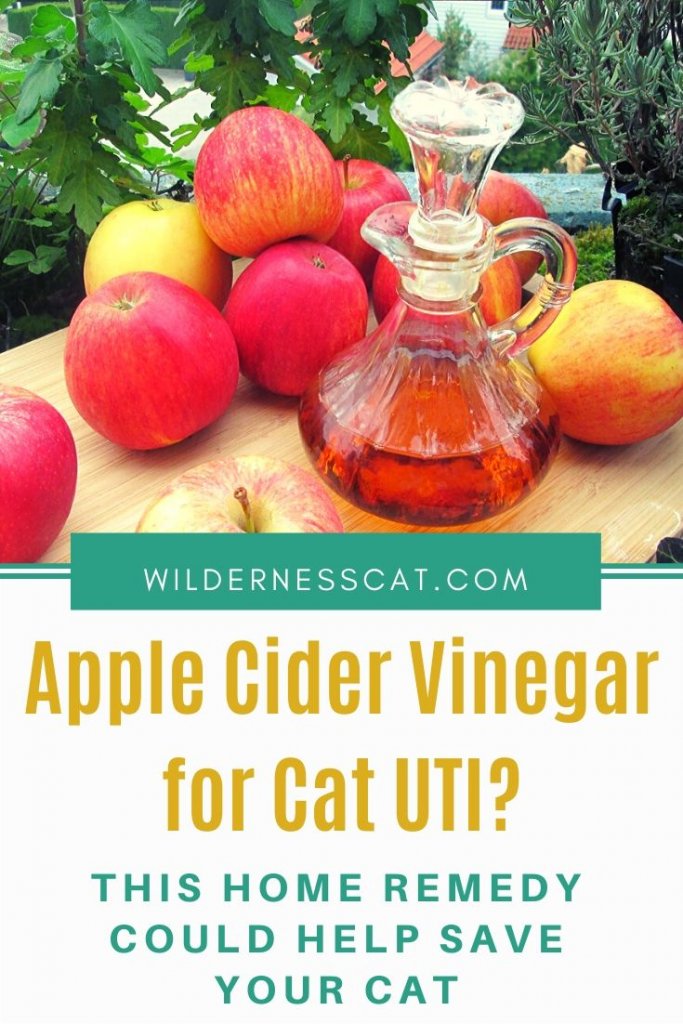
Apple Cider Vinegar for Cats Cat UTI Home Remedy
First and foremost, it's crucial to note that balsamic vinegar is not toxic to cats in small amounts. However, large quantities of balsamic vinegar can lead to gastrointestinal upset in our furry friends. This means that while a tiny taste of balsamic vinegar may not cause harm, excessive consumption should be avoided..

Is Vinegar Safe for Cats to Eat? Should I Clean with Vinegar or Will It
If you have pets, vinegar is the perfect cleaning product; it's completely safe and non-toxic to cats - as well as most other pets. Vinegar is cheap, ubiquitous, and probably one of the most ideal cleaning products to use in around your home from a toxicity perspective; both for humans and for animals. It also never expires.

Apple Cider Vinegar Remedies and Benefits For Cats Is It Safe Or Toxic
2 Comments. Health, Nutrition, Tips. If you're wondering whether your cat can safely drink vinegar, or if it's safe to clean with vinegar in the house with pets, then the simple answer is yes, it is safe as vinegar is not toxic to cats. However, this does not mean as a cat parent that you should offer pure vinegar to your cat to drink.
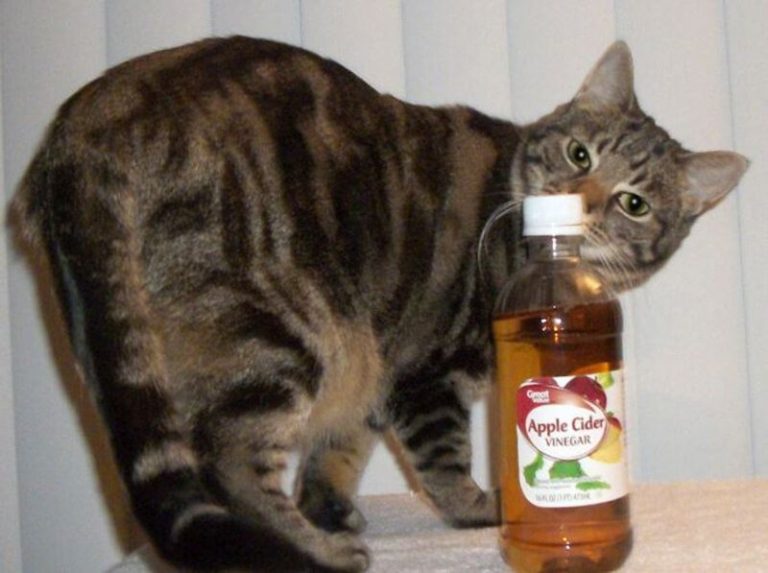
How to Use Apple Cider Vinegar For Upper Respiratory Infection In Cats
The ASPCA Animal Poison Control Center's guide to which cleaning products,. Cats are especially sensitive to essential oils, and effects such as gastrointestinal upset, central nervous system depression and even liver damage could occur if ingested in significant quantities.. Vinegar is typically acidic, and vinegar (depending on the.

Is Vinegar Safe for Cats? Is It Harmful 1. As a Cleaner? 2. If Ingested?
Vinegar is safe for cats, it is not poisonous or toxic if they inhale or ingest it. It is an ideal cleaning product to use around cats as it is completely safe and non-toxic. It's a cheap, readily available product that is popular in many homes with cat owners. It has a long shelf life and is easy to use.

5 Ways to Use Vinegar in Your Cat Home CatTipper Cat house, Cats
Pet-Safe DIY Bathroom Cleaner. 1 cup distilled white vinegar (5% acetic acid) 1 cup hydrogen peroxide (3% solution) Place vinegar and hydrogen peroxide in separate, labeled, dark-colored spray bottles. Generously spray the area with vinegar. Let it sit for five minutes, then wipe the entire area that was sprayed.

Foods Toxic To Cats? 12 Most Common Foods Revealed!
Vinegar isn't toxic to cats. However, that doesn't necessarily mean it's good for them. Vinegar is a kind of fermentation which means that it's primarily sugars and carbs and some bacteria. The bacteria might be slightly beneficial to your cat, but their digestive system primarily can't handle the sugars. That means that vinegar has.

Apple Cider Vinegar For Cats 6 Best Uses Of ACV In Cats!
While vinegar itself is not toxic to cats, it is important to understand the potential effects it may have on our feline friends. One aspect to consider is the strong smell of vinegar. Cats have a highly developed sense of smell, and some may find the odor of vinegar off-putting. This could lead to cats avoiding areas where vinegar has been.
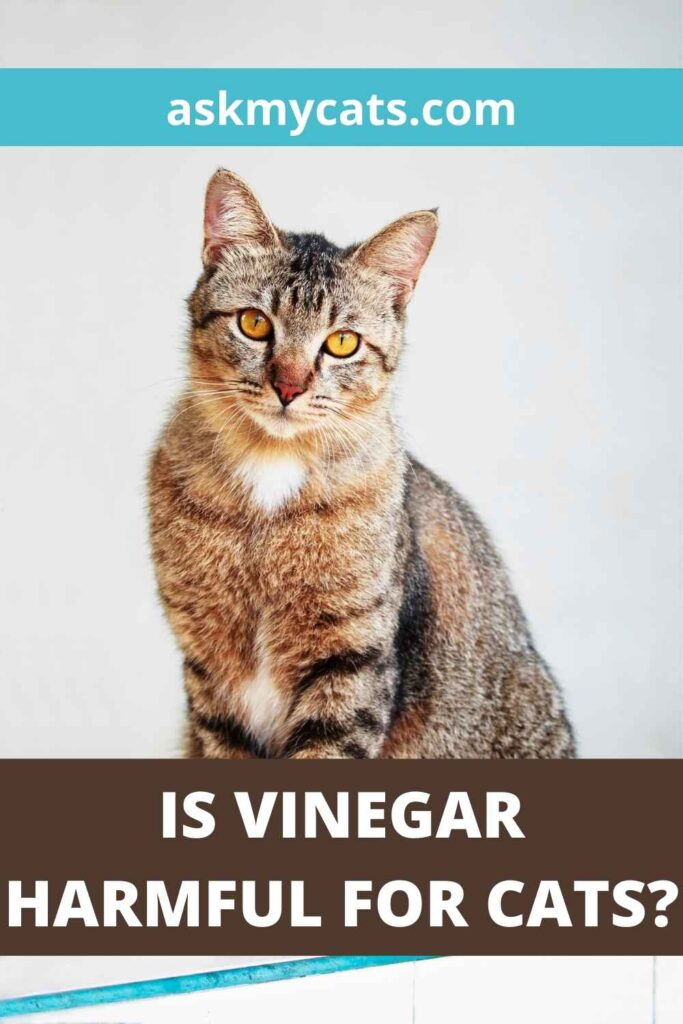
Does Vinegar Keep Cats Away?
Pour in the washer's rinse cycle. Pour half a cup of white vinegar into the rinse cycle when you're washing pet bedding to also prevent fleas naturally. Vinegar will also help freshen your laundry and remove pet smells. Since it is acidic, vinegar can help to neutralize and eliminate odors caused by bacteria and other microorganisms.

Does Vinegar Keep Cats Away? in 2023 Keep cats away, Cat repellant
Cats dislike the smell of vinegar and are less likely to visit an area that contains it. Vinegar is non-toxic and will not harm your pets if they should ingest it. Vinegar is acetic acid, and cats' sense of smell is far more sensitive than ours. The strong odor is unpleasant for them and will deter them from coming.

Is apple cider vinegar toxic to cats YouTube
Is Vinegar toxic to cats? Vinegar is a natural acidic liquid that has been used as an all-purpose cleaner for centuries. It is derived from fermented fruits and grains, making it safe to use around pets and children when diluted. Though vinegar will not harm them, using it as a way to deter cats can have mixed results. Cats are notoriously.
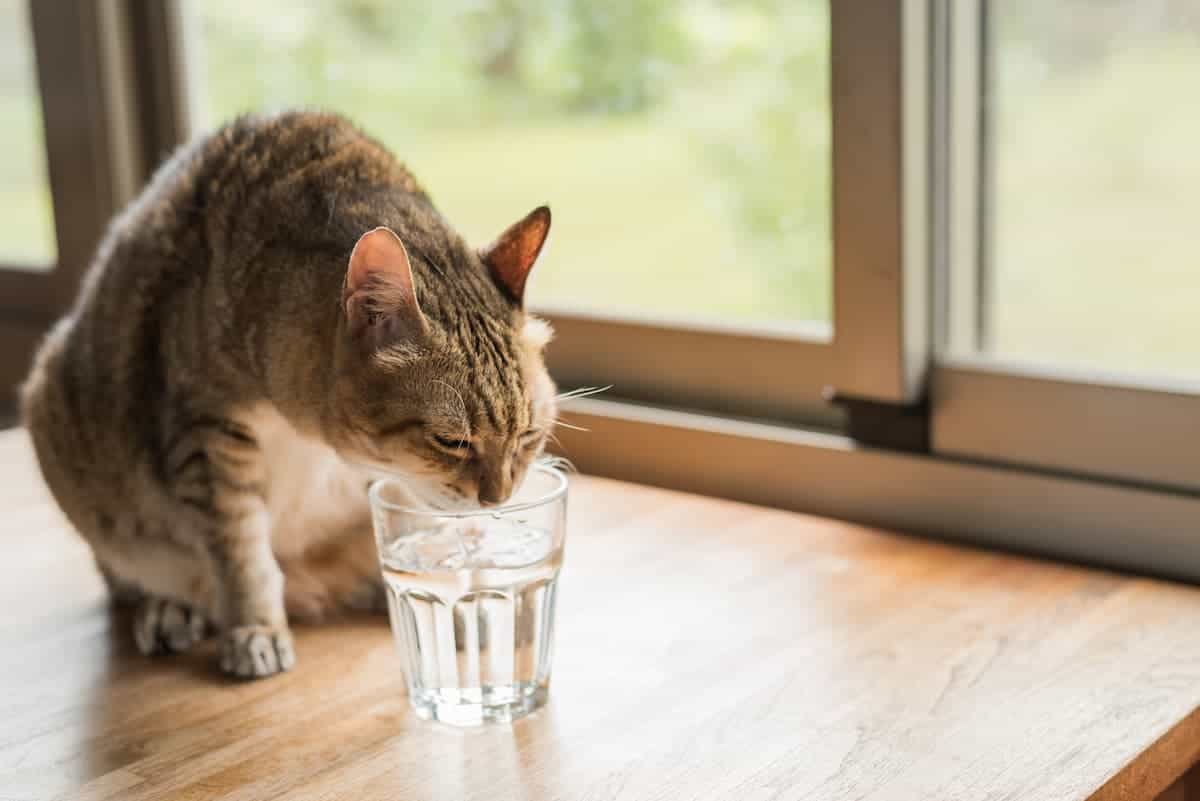
Can Cats Have Vinegar Is It Safe Or Toxic For Them?
Many cat owners turn to natural remedies for cleaning and deodorizing their homes, and one popular option is vinegar. However, there is a lot of debate over whether or not vinegar is poisonous to cats. The truth is, vinegar can be harmful to cats if ingested in large quantities or in concentrated forms.
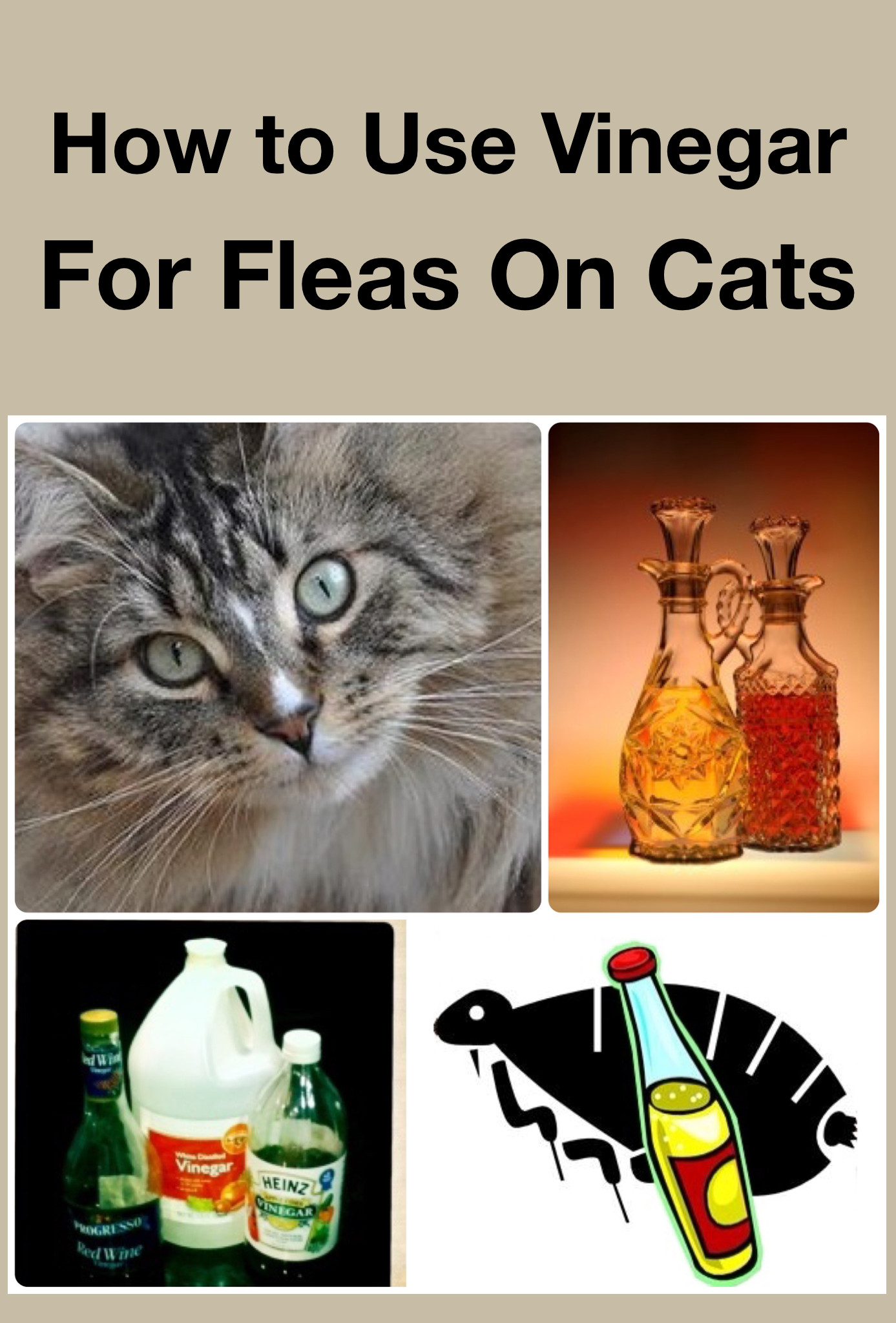
How To Use Vinegar For Fleas on Cats Top 3 Methods
Some of the most common and potentially severe cat poisons are: Paracetamol - keep your painkillers out of reach of your pets. Lilies - these flowers look and smell beautiful, but are potentially lethal to your cat. Spot-on flea treatments for dogs - many contain Permethrin, which is poisonous to cats. Decorating materials - such as paints.
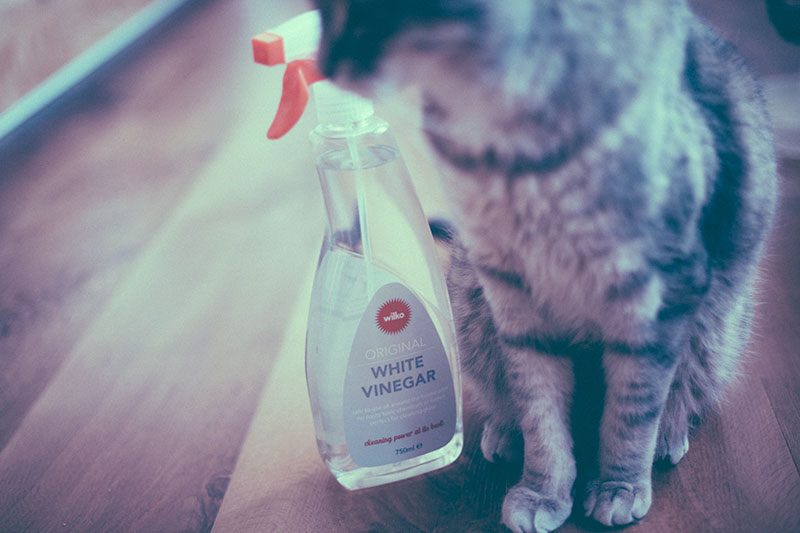
Is Vinegar Safe for Cats? Is It Harmful 1. As a Cleaner? 2. If Ingested?
White vinegar is not toxic to cats in small amounts, but it can cause irritation and discomfort if ingested or applied topically. Cats are sensitive to the strong odor and taste of white vinegar, which can cause them to gag or cough if they inhale it. Ingesting undiluted white vinegar can also cause gastrointestinal upset, such as vomiting.
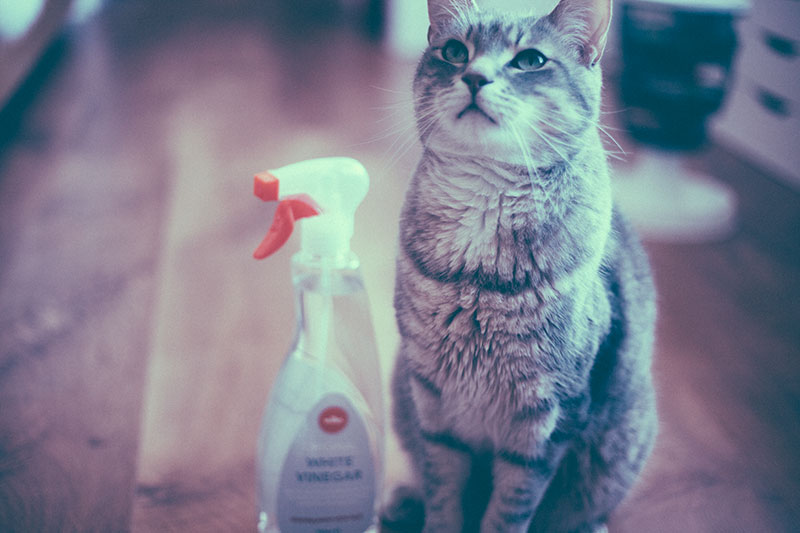
Is Vinegar Safe for Cats? Is It Harmful 1. As a Cleaner? 2. If Ingested?
White vinegar is much too harsh. While apple cider vinegar is not poisonous to cats, you should always be using a dilute mixture, never full strength. To make a spray, you can mix 1 cup ACV to 1 cup of water into a spray bottle and spray this on your hands and then apply to your cat's coat. Never spray this around your cat's face, but use your.